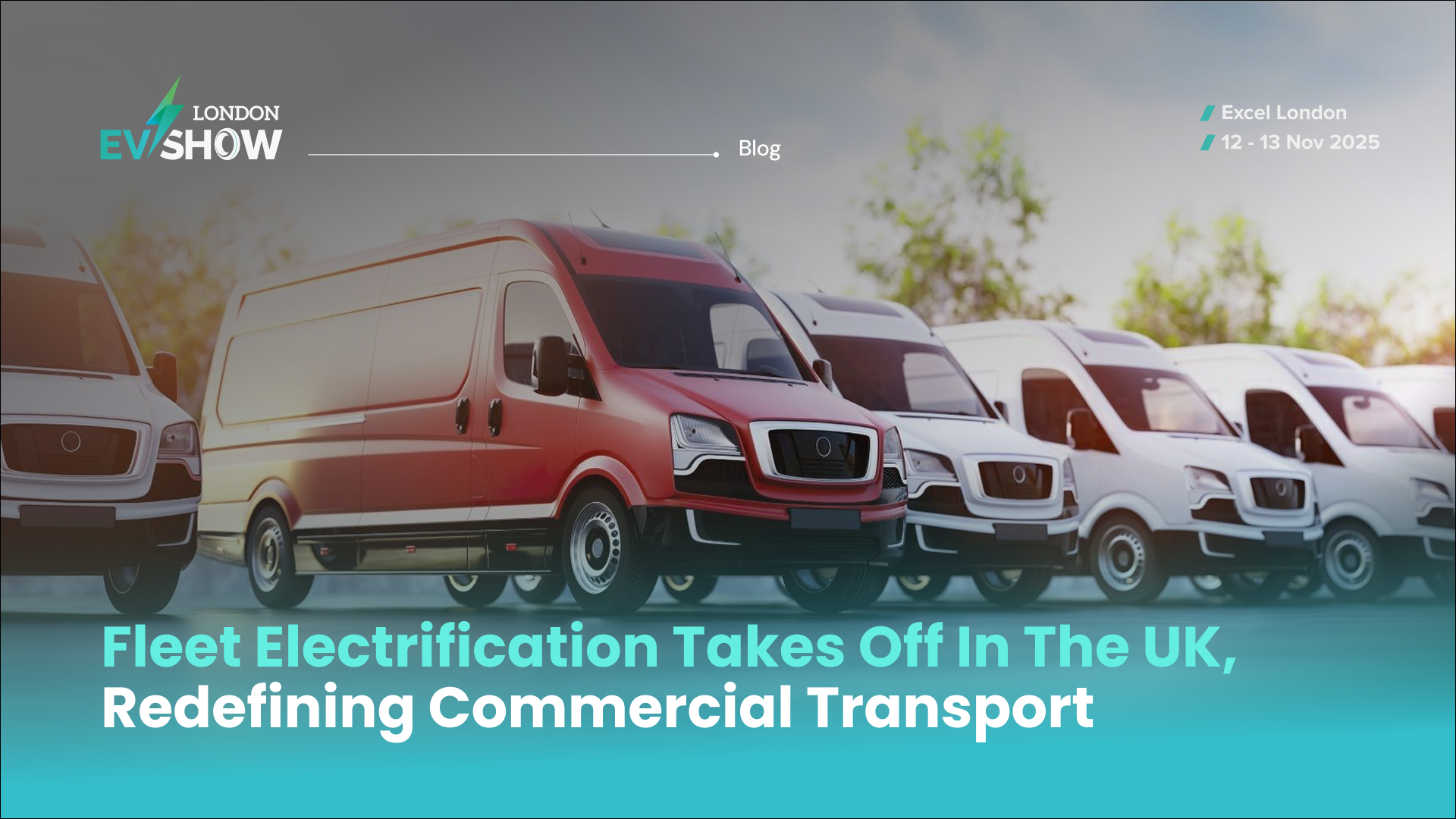The United Kingdom has firmly established itself as a global powerhouse in the electric vehicle transition, earning recognition as one of the world's leading fleet electrification markets. This achievement represents more than just numbers on a chart; it signals a fundamental transformation in how British businesses approach transportation, sustainability, and competitive advantage.
UK Strengthens Position in Global Fleet Electrification Drive
Recent research from the Climate Group, conducted in partnership with New AutoMotive, has positioned the UK among an elite group of just 13 countries leading the global charge toward fleet electrification. The EV100 Transition Barometer placed Britain fourth globally, sharing this prestigious position with Singapore, while Norway claimed the top spot, followed by Ethiopia in second place and China in third.
This ranking is particularly significant when considering the competitive landscape. The UK stands shoulder-to-shoulder with established leaders like Norway, which has been at the forefront of EV adoption for years. For Britain to secure fourth place demonstrates the effectiveness of its policy framework, infrastructure development, and the business community's commitment to sustainable transport.
The Methodology Behind Britain's Success
Supply-side regulations and targets formed a crucial component of the evaluation. The UK's clear regulatory framework, including the government's commitment to end the sale of new petrol and diesel cars by 2030, has created certainty for businesses planning their fleet transitions. This regulatory clarity allows companies to make long-term investment decisions with confidence, knowing the policy landscape supports their electrification efforts.
Charging infrastructure represents another area where the UK has demonstrated significant progress. The development of a comprehensive charging network across Britain has been essential in addressing range anxiety and making electric fleets practical for businesses operating across the country. From rapid charging hubs along major motorways to destination charging at business premises, the UK's infrastructure development has kept pace with fleet electrification demands.
Fiscal and energy policy considerations have also played a vital role in Britain's success. Government incentives, tax advantages for electric vehicles, and supportive energy policies have created an environment where fleet electrification makes both environmental and economic sense for British businesses.
British Businesses Leading by Example
The success of UK fleet electrification isn't just about government policy; it's about British businesses recognising and seizing the opportunities that electric vehicles present. Companies across the UK have been early adopters, understanding that fleet electrification offers more than environmental benefits.
For many British businesses, the transition to electric fleets represents a strategic competitive advantage. Lower operating costs, reduced maintenance requirements, and increasingly favourable tax treatment make electric vehicles an attractive proposition from a purely financial perspective. Add the growing importance of environmental, social, and governance (ESG) credentials in business relationships, and the case for fleet electrification becomes even stronger.
The productivity benefits of operating in a supportive policy environment cannot be understated. British companies operating electric fleets benefit from well-developed charging infrastructure, clear regulatory frameworks, and government support that reduces the complexity and cost of the transition. This supportive ecosystem allows businesses to focus on their core operations rather than navigating uncertain policy landscapes.
The Broader Impact on British Industry
The UK's position as a leading fleet electrification market has implications that extend far beyond individual company fleet decisions. This leadership position strengthens Britain's broader automotive and clean technology sectors, attracting investment and fostering innovation.
British expertise in fleet electrification is becoming an exportable commodity. As other markets look to accelerate their own transitions, UK companies and consultancies are well-positioned to share their experience and knowledge globally. This expertise export represents not just economic opportunity, but also soft power influence in shaping global transportation policy.
The concentration of fleet electrification expertise in the UK also supports the development of supporting industries. From charging infrastructure providers to fleet management software companies, the robust British market for electric commercial vehicles creates opportunities across the value chain.
Looking Forward: Maintaining Britain's Competitive Edge
Maintaining this position requires continued effort and innovation. The recently relaunched EV100 initiative, which includes over 120 world-leading companies committed to fleet electrification, provides a framework for continued progress. The new structure's flexibility, allowing companies to focus on specific vehicle segments and offering region-specific timelines, recognises the diverse challenges facing different markets and industries.
For British businesses, this evolution represents both opportunity and challenge. Companies that have already made significant progress in fleet electrification can leverage their experience to expand into new vehicle segments or geographic markets. Those still in the early stages of their transition can benefit from the growing ecosystem of support, expertise, and infrastructure.
The Road Ahead for UK Fleet Electrification
The UK's success in fleet electrification reflects an alignment of policy, infrastructure, and business commitment that positions Britain well for the future of transportation. However, maintaining leadership requires continued innovation and adaptation.
The shift away from plug-in hybrids toward fully electric vehicles represents the next phase of the transition. While hybrids served as an important bridge technology, the focus on zero-emission vehicles reflects the growing maturity of electric vehicle technology and charging infrastructure.
The integration of medium and heavy-duty vehicles represents another frontier where the UK can maintain its leadership position. These larger vehicles present different challenges in terms of charging infrastructure, energy requirements, and operational considerations, but they also offer significant opportunities for emissions reduction and cost savings.
Conclusion: A British Success Story
The UK's recognition as a global leader in fleet electrification represents more than just a ranking; it demonstrates the effectiveness of British policy-making, business innovation, and infrastructure development working in concert. This achievement positions Britain not just as a leader in sustainable transportation but as a hub for the expertise and innovation that will drive the global transition to clean mobility.
At the centre of this Global transformation stands the London EV Show, a driving force in the electric mobility movement. As a premier gathering of visionaries, decision-makers, and technology leaders from across the globe, the event plays a pivotal role in shaping the future of sustainable transport. Join the London EV Show and step into the electric future: https://londonevshow.com/register

